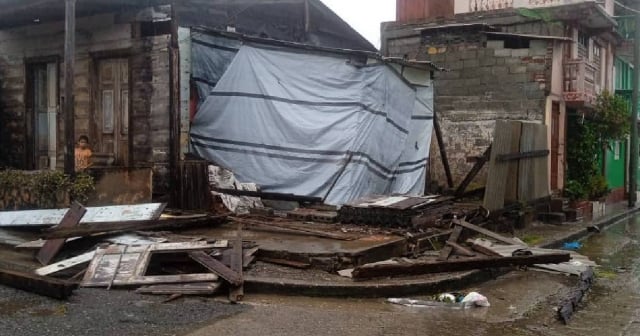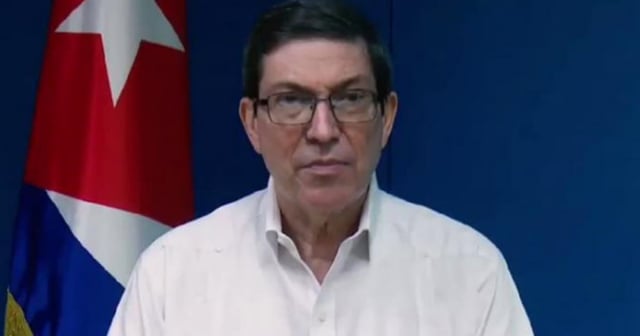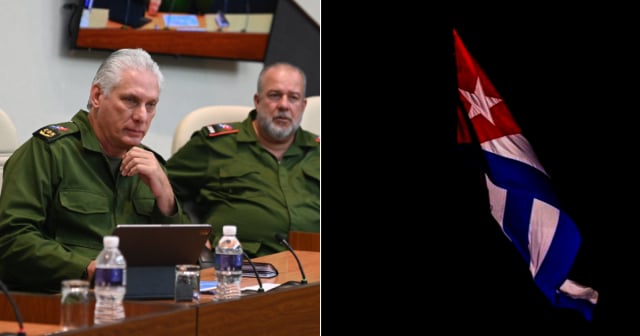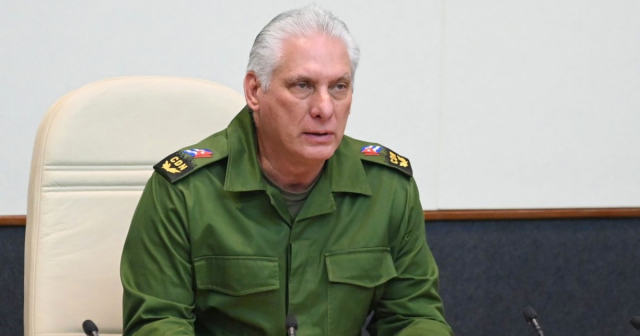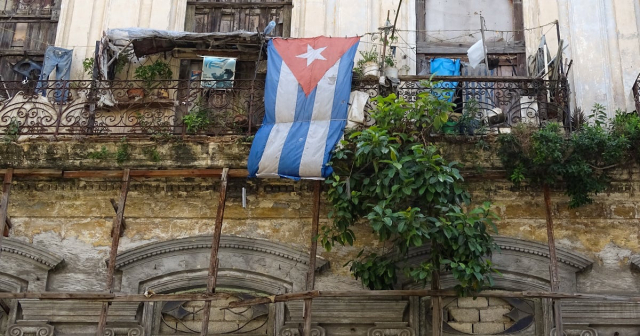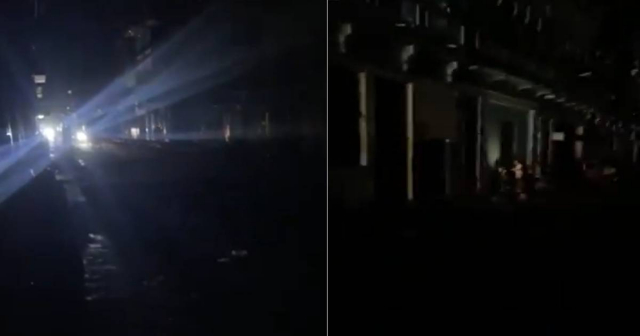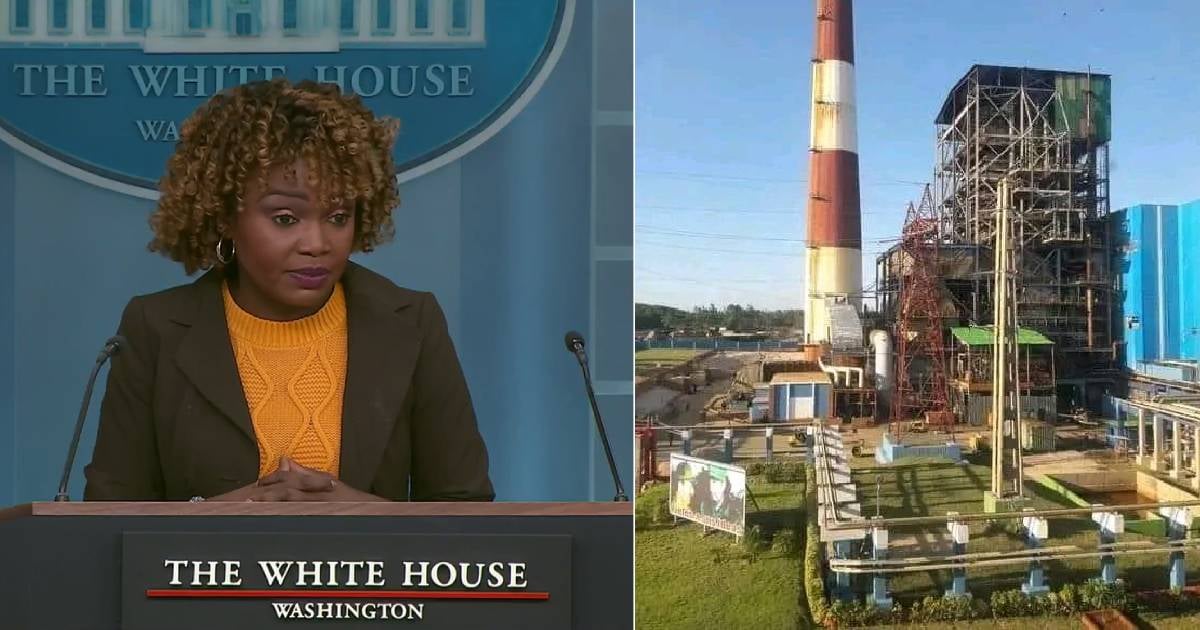
The United States government stated on Monday that it is closely monitoring the electrical collapse that Cuba has experienced in recent days and does not rule out providing assistance to the island, although it clarified that the Cuban regime has not requested help.
"We are concerned about the possible humanitarian impact on the Cuban people. As we have seen in recent years, the economic conditions in Cuba, resulting from prolonged mismanagement of its policies and resources, have undoubtedly increased the difficulties faced by the Cuban population," stated Karine Jean-Pierre, White House spokesperson, as reported by EFE agency.
The Biden-Harris Administration, according to the official, is "closely monitoring" the energy crisis on the island.
Contrary to what Cuban authorities say, the U.S. side argued that it is "not responsible" for the blackouts or the overall energy situation in Cuba.
In her speech, the spokesperson indicated that the government of Cuba "has not requested any assistance so far," and if it were to do so, she did not rule out that it could be provided. In that case, she said that the "most appropriate next steps would be evaluated."
Last Friday night, the Cuban leader Miguel Díaz-Canel again blamed the United States for the collapse of the electrical system on the island, which reached its peak manifestation with the disconnection of the entire island, causing a general blackout that has not yet been resolved.
According to Díaz-Canel, this situation is a "further demonstration of all the problems caused by the blockade, and the impacts of the blockade. Sometimes it is said that it is not, that it is due to inefficiency, that it aims to bother people," once again intensifying his justifications for that U.S. policy towards Cuba, which he expressed that many do not want to talk about.
The precariousness of Cuba's National Electric System (SEN), along with the lack of fuel and the shortage of foreign currency to import it, has negatively impacted electricity generation on the island.
Despite the fact that blackouts have been common in the reality of Cubans, their intensification has been present in the everyday life of the island for several years, exacerbating discomfort and altering life dynamics.
This Monday, the NGO Justicia 11J reported that in the last three days, at least 28 minor protests have been recorded in seven provinces of Cuba, although mostly concentrated in Havana.
What do you think?
COMMENTFiled under:

